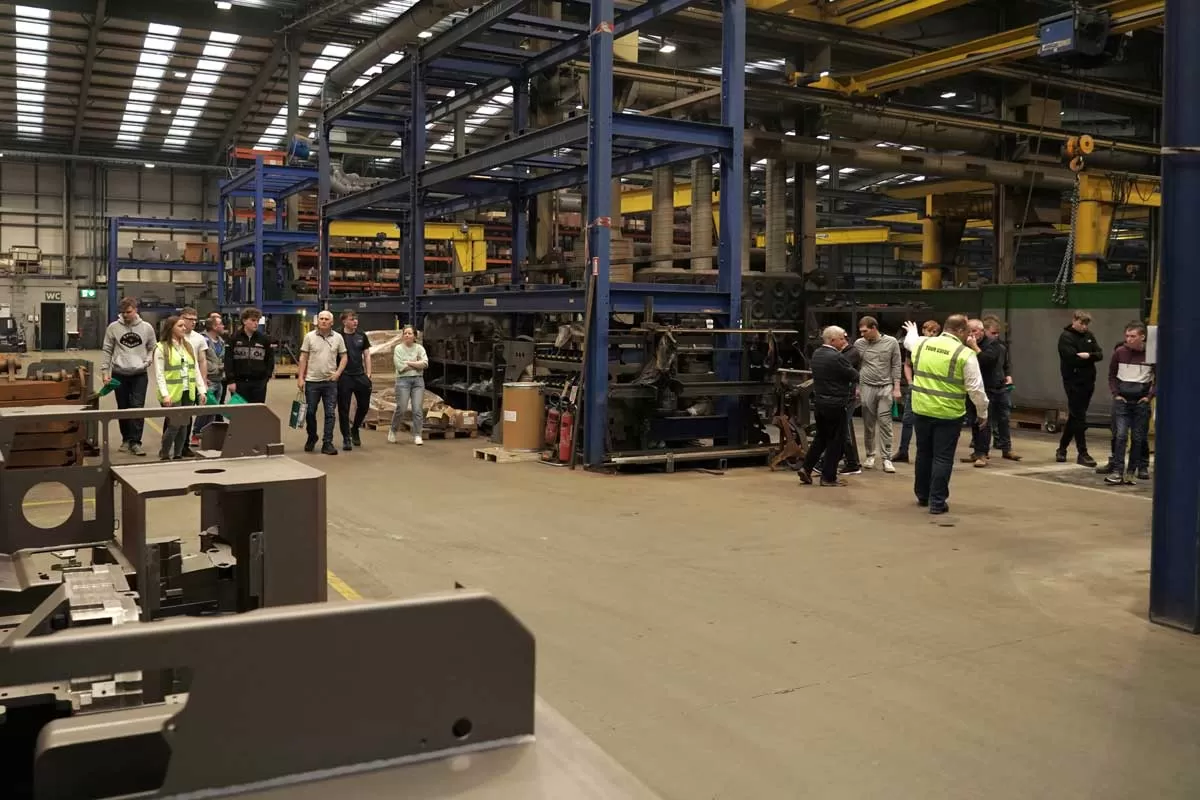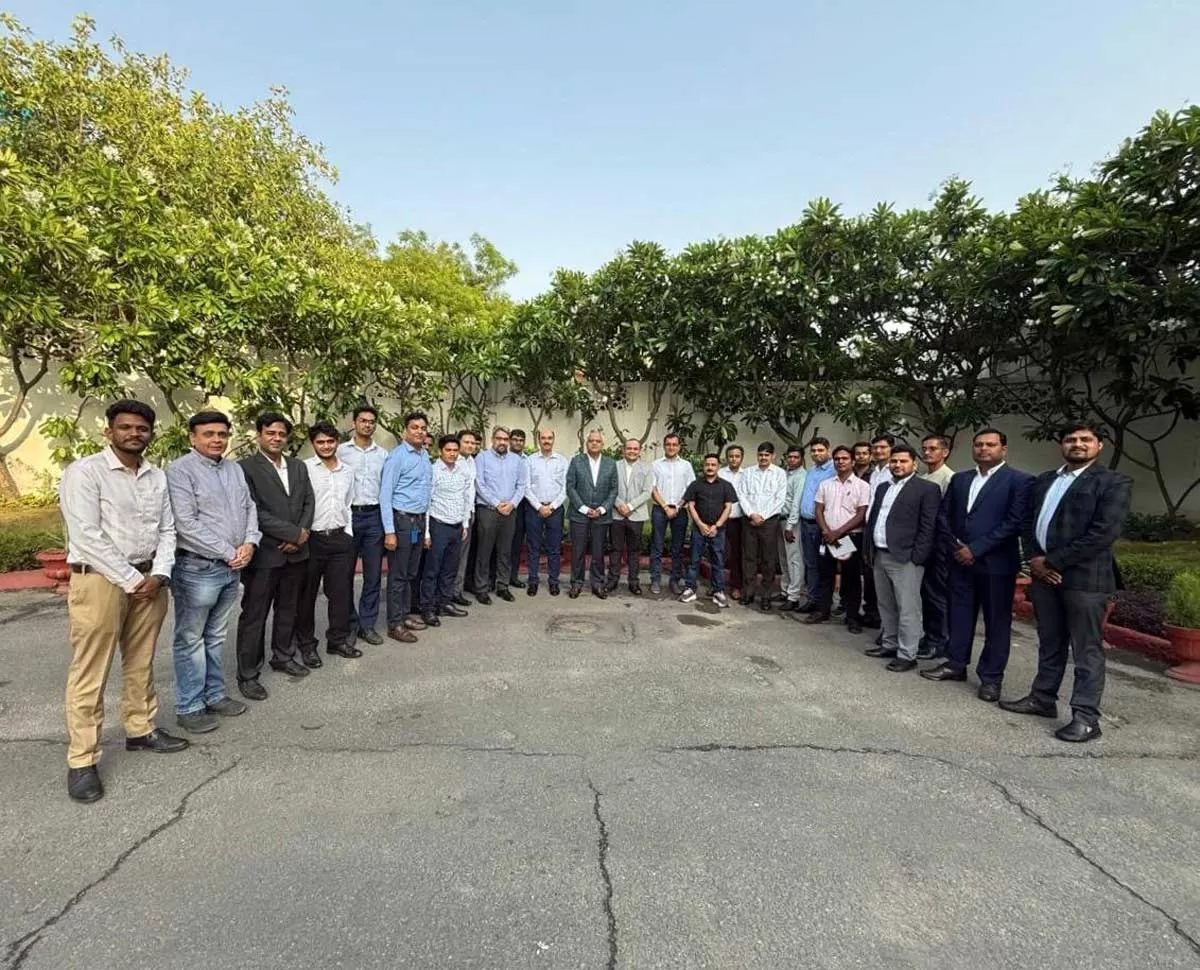Venue: New Delhi.
Date: February 21, 2017.
Organiser: PHD Chamber of Commerce and Industry.
Under the urban component of the Pradhan Mantri Awas Yojana (PMAY), the government has thus far approved the construction of over 16 lakh affordable houses with an investment of about Rs 90,000 crore, for which central assistance of about Rs 25,000 crore has also been approved. However, though PMAY has been designed envisaging a big role for the private sector, 'not a single proposal has come from private builders so far', said Minister of Urban Development Venkaiah Naidu, while addressing the recent conference on the 'Real-Estate Sector Post Remonetisation & RERA' under the aegis of the PHD Chamber of Commerce and Industry (PHDCCI). He added that Dr Nandita Chatterjee, Secretary, HUPA, immediately convene a roundtable with all developer bodies, banks and housing finance companies and others concerned, to deliberate in detail why there has been no private-sector participation under PMAY (urban) so far, and the road ahead in the new ecosystem of opportunities. 'This roundtable needs to discuss ways and means, if need be, of improving various components of PMAY (urban) to encourage private-sector participation,' he said. 'I would expect it to come out with appropriate business models so that the goal of ensuring Housing for All by 2022 is met.' In her remarks, Dr Chatterjee explained the merits of the Real Estate (Regulation and Development) Act, 2016, saying that its stipulations are equally rewarding for developers and the buyers of dwelling units and that any compromise on them is subject to legal scrutiny.
Rajeev Talwar, Vice President, PHDCCI, remarked to the minister that private-sector participation in affordable housing would become a reality with a slight tweak in PMAY and congratulated the minister for his proactive approach towards real estate. Also, in his observations, Gopal Jiwarajka, President, PHDCCI, hoped that with remonetisation picking up, the real-estate sector would witness corrections and supplies would match demand. Jiwarajka also shared with CW, 'RERA has been the biggest reform in the real-estate sector in a while. The Act has very well encapsulated the features to completely safeguard the interests of home buyers.' Others spoke on the occasion included Manish Agarwal, Chairman, Housing & Urban Development Committee, and Director, PHDCCI, and Dr Ranjeet Mehta, Vice President, PHDCCI.
What's more, the conference witnessed the launch of the new CONSTRUCTION WORLD logo by Venkaiah Naidu.
For Successful Housing
Gopal Jiwarajka, President, PHDCCI, shares the suggestions given by the Chamber to the PMO for the housing sector:
RERA, incentives to affordable housing and demonetisation are indeed good steps to make the industry transparent and totally part of the mainstream economy. However, lower interest rates as well as larger finance from banking institutions are a dire necessity in the coming months and years. We are, of course, delighted to note the subsidy on interest announced by the Prime Minister for low-cost housing.
The Prime Minister has announced the Housing for All scheme. An important part in any economy is rental housing. Promotion of housing for rental purposes adds to the overall pool of housing and construction. It is, therefore, important to encourage this segment of investment also. One measure that can promote this is to allow one or more apartments to be bought from the proceeds or sale of an existing house or apartment. A small amendment can be announced with the rationale being that the entire amount of proceeds from the sale of a house or apartment should be reinvested in residential properties without any restriction on the number of properties.
Increase in rental housing will lead to lowering of prices of real estate and lowering of the rents charged by increasing the supply of such houses or apartments all over the country. It would be prudent that the amount allowed for maintenance of rental housing be increased from the existing 30 per cent to 50 per cent of the annual rent. This will ensure an additional amount for further promotion of housing and construction.
The Government of India has tried to make ownership of housing into a financial instrument by announcing that only long-term capital gains tax will be levied if a property is sold after a period of two years. This is a most welcome step. Next, the Finance Minister has tried to set right the double jeopardy imposed on the unsold inventory in any housing project. The Budget has announced that tax on deemed notional rental income on unsold inventory will be levied only after one year of getting a CC. An anomaly may arise as reinvestment is currently allowed for three years (to any seller of any property) whereas long-term capital gains tax will be applicable (as early as sale of any property) after two years of ownership.
It would, therefore, be abundantly prudent to bring tax on unsold inventory and reinvestment of actual gains from property to be on a par with each other - either in two years or in three years, in both the cases.


















